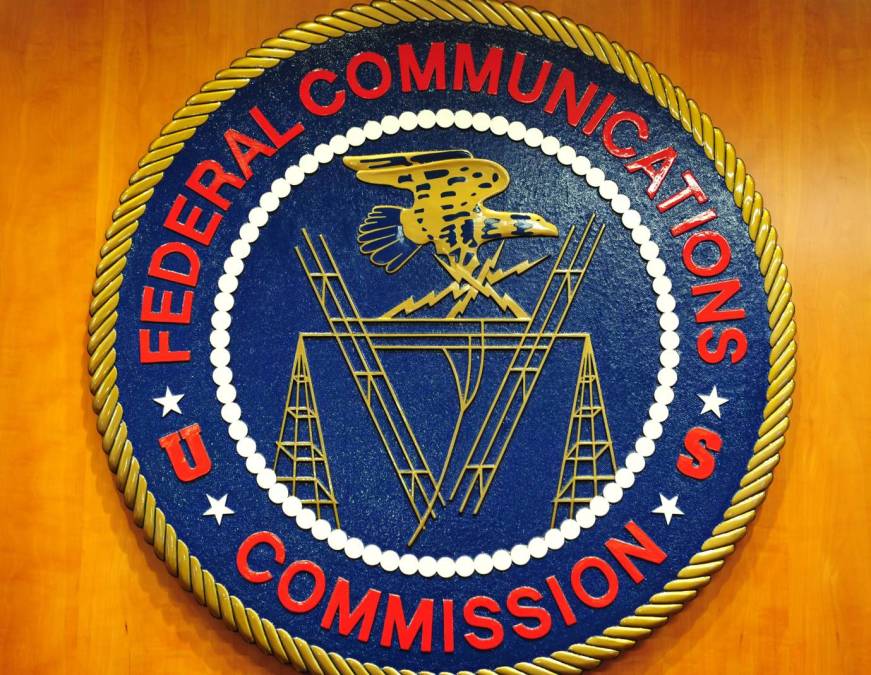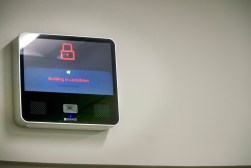FCC unveils 3-year cybersecurity pilot program for schools, libraries

After approval last month, the Federal Communications Commission on Tuesday announced the details of a new, three-year pilot program to help schools and libraries strengthen their cybersecurity measures and combat increasingly frequent cyberattacks.
The Schools and Libraries Cybersecurity Pilot Program will provide up to $200 million in funding from the Universal Service Fund, a federal fund that helps low-income communities access telecommunications services at lower rates, to help schools and libraries across the country better protect their broadband networks and data.
The FCC said applications will open Aug. 29.
“Although broadband connectivity and internet access can simplify and enhance the education and daily lives of K-12 students, school staff, and library patrons, they can also be used by malicious actors to steal personal information, compromise online accounts, and cause online personal harm or embarrassment,” the program’s final ruling document reads.
The new program is separate from the commission’s E-Rate program, which provides subsidies for internet service and devices.
School districts face a rising number of ransomware attacks and other cyberattacks, which often expose sensitive health, financial and educational data of students, families and staff. Many institutions lack the technology staff and funding to protect themselves against increasingly sophisticated cyberattacks, making them attractive targets to cybercriminals.
In May, the City of St. Helena, California, suffered a cyberattack that compromised more than 20 computers and its network server, less than a month after its library system was disrupted by a separate security incident. That same month, a ransomware attack forced administrators of the Seattle Public Library system, which serves roughly 737,000 residents, to take their systems offline at all 27 locations throughout the city.
The Los Angeles Unified School District, the second-largest public school system in the U.S., last month week confirmed that at least one of its vendors using data storage services from the company Snowflake had had its data stolen in a cyberattack.
The FCC’s pilot program will reimburse participants for a wide range of cybersecurity services and equipment, including firewalls and endpoint protection platforms.






